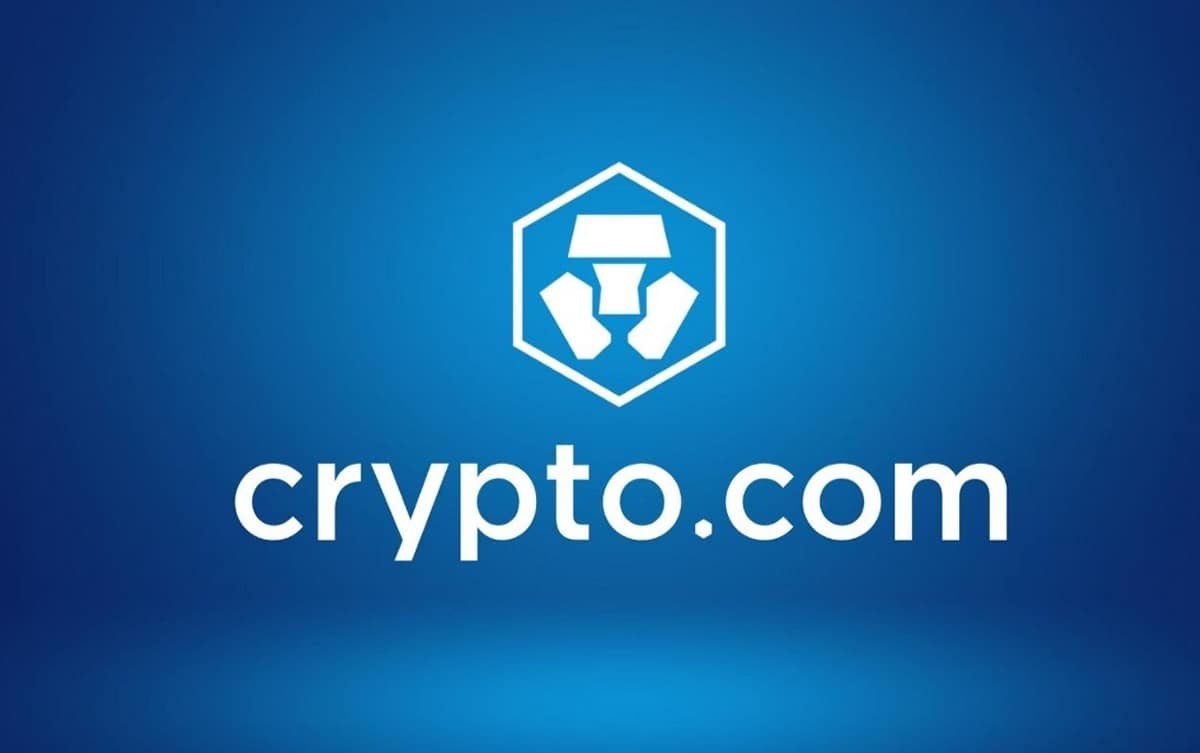Crypto.com Exchange Suspends Withdrawals on Solana Blockchain as Crypto Prices Crash – Another Exchange in Trouble?

In an email to users on Wednesday, the platform reportedly said that they are suspending deposits and withdrawals of USDC and USDT on the Solana Blockchain, effective immediately.
The note did not mention the exact reason for the move. However, it said stablecoin withdrawals and deposits in other blockchains like Ethereum and Cronos would resume normally.
In a Thursday tweet, Crypto.com CEO Kris Marszalek said the recent developments around FTX and Alameda Research, which are two of the biggest backers of Solana, led to the decision.
“FTX was an important bridge/venue for SOL-based stablecoins, we do not want any additional risk to our users coming from this area, hence disabling it,”
Marszalek added that other chains are operating normally.
As reported, FTX, one of the largest cryptocurrency exchanges, has been hit with “a significant liquidity crunch.” Initially, Binance signed a letter of intent to acquire the failing crypto exchange but backed out of the deal, saying the “issues are beyond our ability to help.”
The news further exacerbated the crypto market crash. Bitcoin, the world’s largest cryptocurrency, tumbled to as low as $15,682, a level not seen in two years. Ethereum also dropped to $1,083, down by around 4% over the past day.
Kris Marszalek Pushes for More Transparency
Following the unprecedented collapse of FTX, which was known as crypto’s bail-out king during the recent crypto meltdown, many in the crypto industry have voiced concern over the reliability of other centralized players.
In a bid to address this skepticism, Marszalek said that crypto exchanges should publicly share proof of reserves. He claimed that Crypto.com would publish their audited proof of reserves soon. In a tweet on Wednesday, he said
“This is a critical moment for the entire industry. Transparency is more important than ever, and safety and security of users and funds remains the priority. It requires full and collective commitment,”
Restoring trust in our category will take time, but it’s incumbent on us to send a strong message to the world that there are trustworthy crypto platforms.
— Kris | Crypto.com (@kris) November 10, 2022
However, some users suggested that sharing proof of reserves alone would not be enough. It is also important that crypto platforms do not trade with users’ funds and be transparent with where the yield comes from.




